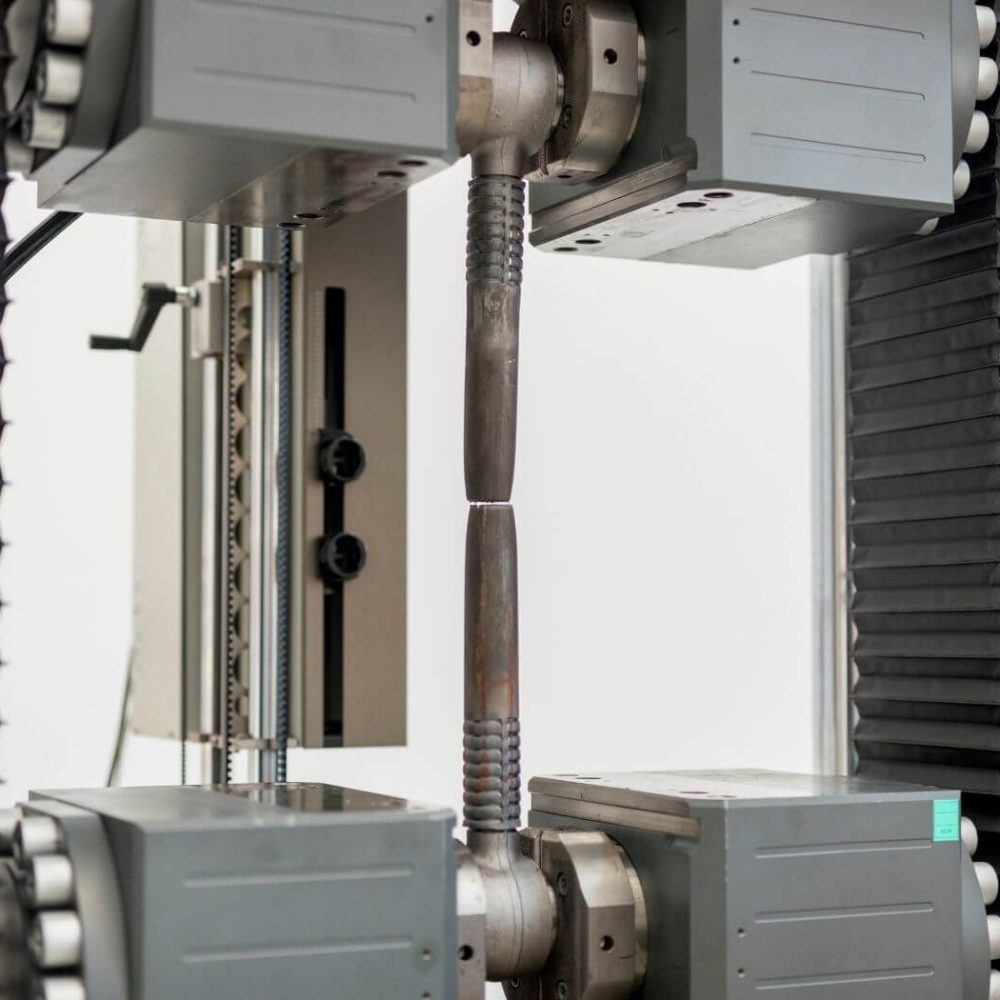What is Mechanical Testing?
In the world of engineering and material science, mechanical testing plays a crucial role in evaluating the mechanical properties of materials. Mechanical testing is like giving materials a check-up to determine the strength of materials to evaluate their durability, mechanical testing serves as a fundamental tool for engineers. It helps engineers understand how materials will behave in different situations, so they can make sure everything from buildings to cars to everyday objects is safe and reliable. In this guide, we’ll explore the What is mechanical testing, its importance, and the different types of mechanical testing used to measure different properties of materials.
There exists a large number of tests, many of which are standardized, to determine the various mechanical properties of materials. In general, such tests set out to obtain geometry-independent properties; i.e. those intrinsic to the bulk material. Here is a listing of some of the most common tests

Type of Tests in a Mechanical Testing
- Tensile test (Y.S., T.S., 0.2% and 0.5% P.S., % Elongation and R.A.)
- Proof load test for bolts\studs & nuts
- Proof load test\ breaking load test for U-Bolt, Shackles, Hanger, etc.
- Compression test
- Bend & Re-bend test
- Flattening test
- Impact Test (Charpy & Izod)
- Brinell, Rockwell & Micro Vickers hardness test
- Permanent set test
- Wedge load test for bolts
- Head soundness test for bolts and rivets
- Wrapping Test
- Torsion Test
- Fracture test
- Nick-break test for butt-weld test pieces
- Shear test
- Cupping test
- Performance Qualification Test for welders
- Procedure Qualification Test for welders
- Z test of plates as per EN 10164 for ascertaining Reduction of Area %.
- Dynamic Balancing of all types of rotary components are carried out.
- Shore Hardness

Ready to talk?
We are here to assist you with any inquiries or support you may need. Please feel free to reach out to us through any of the following methods.

